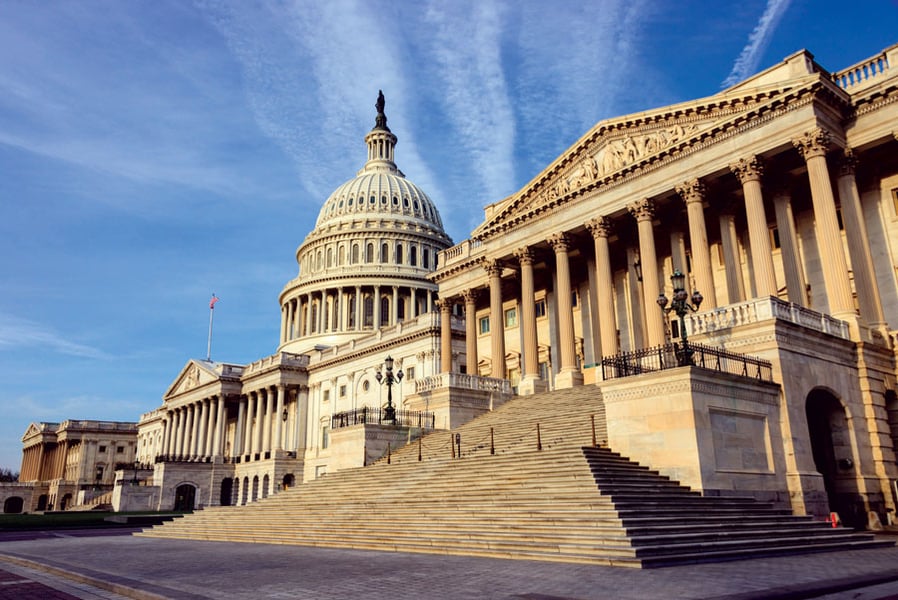

More than 60 financial firms, industry trade associations and other organizations don’t want a comprehensive retirement savings bill informally known as SECURE 2.0 to get lost in the shuffle during the lame-duck session of Congress over the next month.
The group sent a letter Thursday to bipartisan leaders of the House and Senate urging action on legislation. Lawmakers are cobbling together one bill from separate measures approved by the House and advanced in Senate committees.
The final package is likely to raise the required minimum distribution age from 72 to 75, increase catch-up contributions, expand workplace retirement coverage and automatic enrollment, and make it easier for plans to include annuities, among many other provisions.
“SECURE 2.0 includes bipartisan, common-sense solutions to address the anxiety and insecurity workers and retirees have about their retirement security,” the letter states.
The effort was spearheaded by the American Council of Life Insurers. Signatories included the Insured Retirement Institute, American Retirement Association, the Financial Services Institute, the Investment Company Institute, the Securities Industry and Financial Markets Association, the National Association of Insurance and Financial Advisors, Fidelity Investments, Edward Jones Investments, LPL Financial, Principal Financial Group and Prudential Financial.
Congress is trying to square away several bills before adjourning in December. The groups want to ensure retirement savings legislation stays near the top of the agenda.
“We understand how there are competing priorities at the end of the year and want to reinforce the strong, diverse support behind SECURE 2.0,” Kathleen Coulombe, vice president of retirement security and principal deputy at the American Council of Life Insurers, said in a statement.
The groups should be reassured by what they heard earlier in the week from Senate Finance Committee Chairman Ron Wyden, D-Ore. He told reporters Tuesday that SECURE 2.0 would be considered as part of a larger economic package during the lame-duck session and that it has bipartisan support.
“We’re making a lot of headway,” Wyden said.
Before a final vote can occur, lawmakers have to assemble one bill from measures that the House approved overwhelmingly in March and that separate Senate committees advanced over the summer. Congress must enact the legislation before it adjourns or else it will die and have to be reintroduced in the new Congress next year.

Integrated Partners is adding a mother-son tandem to its network in Missouri as Kestra onboards a father-son advisor duo from UBS.

Futures indicate stocks will build on Tuesday's rally.

Cost of living still tops concerns about negative impacts on personal finances

Financial advisors remain vital allies even as DIY investing grows

A trade deal would mean significant cut in tariffs but 'it wont be zero'.
RIAs face rising regulatory pressure in 2025. Forward-looking firms are responding with embedded technology, not more paperwork.
As inheritances are set to reshape client portfolios and next-gen heirs demand digital-first experiences, firms are retooling their wealth tech stacks and succession models in real time.
